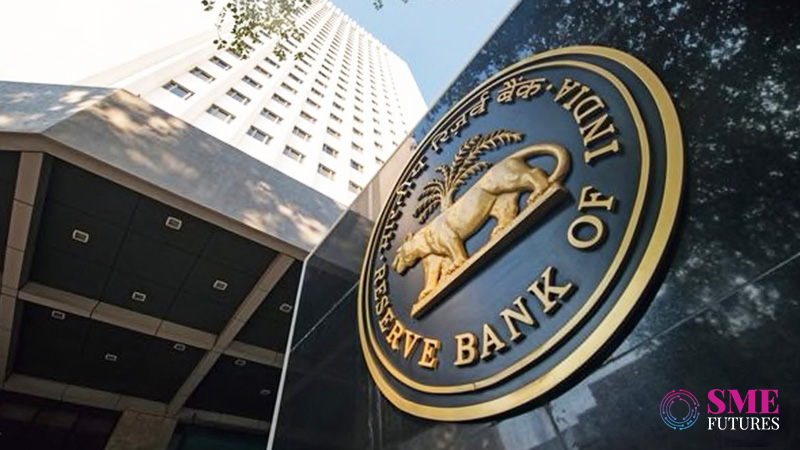Flagging risks of disruptive spillovers from geopolitical hostilities, an RBI article said India faces these challenges from a position of strength built on broadened vaccine coverage, financial sector resilience and robust exports.
The article on ‘State of the Economy’, published in the April 2022 RBI Bulletin, said India enters Samvat 2079 having crested the third wave of the pandemic with economic activity returning to speed in several sectors.
These gains are, however, at risk from disruptive spillovers from geopolitical hostilities as increasingly evident in inflation prints, tightening financial conditions and terms of trade shock accompanied by portfolio outflows.
“India faces these challenges from a position of strength built on broadened vaccine coverage, financial sector resilience, robust export and remittances and fiscal reprioritisation to spur capital spending on infrastructure,” it noted.
Going forward, spurring private investment remains a key thrust area for sustaining growth on a durable basis, it pointed out.
The RBI, however, said views expressed in the article are those of the authors and do not necessarily represent the opinion of the central bank.
The authors said the near-term global outlook appears grim, caught up in a vortex of geopolitical risks materialising rapidly, strained supply chains and the quickening pace of monetary policy normalisation.
They added that the Indian economy is not immune to these negative externalities.
The surge in commodity prices is already posing inflation risks, especially through the conduit of surging imports.
Rapidly widening trade and current account deficits co-existing with portfolio capital outflows weigh on external sustainability, although the strength of underlying fundamentals and the stock of international reserves provide buffers.











